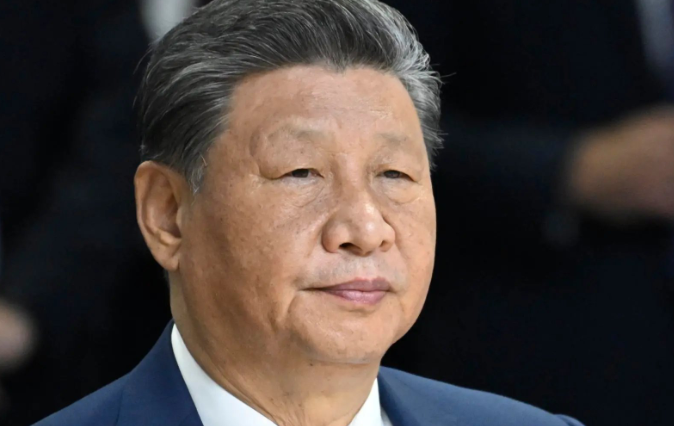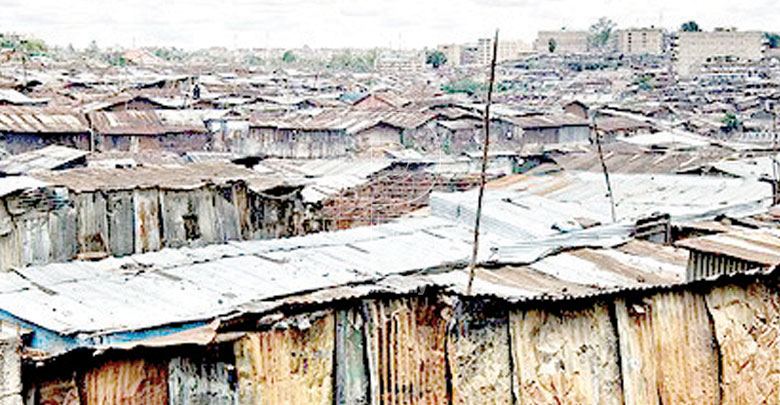Why Kenyans are stuck in poverty despite economic growth
By Fred Aminga, August 2, 2019Earnings have refused to catch up with rising cost of living making Kenyans poorer despite economic growth. In the last five years growth has increased and stood at 5.7 per cent last year with near-term gross domestic product growth (GDP) expected to rise to 5.9 per cent in 2019, and according to World Bank, things look rosy.
But in its latest economic update for July Amana Capital, a financial services firm, says employment did not improve compared to same time last year, due to reduced economic activity.
Quoting the International Labour Organisation (ILO) global wage report on Kenya which estimates that the nominal wage received in cash averages Sh57,000, the report says wages have been worth less and less every year.
“If inflation is taken into account the real wage growth is -2.9 per cent”, says Amana Capital, adding that this effectively means that Kenyan employee today is earning less than they did five years ago. This would mean that, the direct effect on consumption has a direct effect on economic growth.
Revenue collection
“This scenario also affects revenue collection capacity of Kenya Revenue Authority (KRA),” the report released yesterday says in part. This comes even as there have been various attempts to increase minimum wages by 12 per cent during Labour Day in 2015 by 18 in 2017 and five per cent in 2018.
Last year’s salary increment was announced by Labour and Social Protection Cabinet Secretary, Ukur Yattani, who read President Uhuru Kenyatta’s speech at an event to mark Labour Day at Uhuru Park .
An increment in personal relief was first announced by National Treasury Cabinet Secretary Henry Rotich in 2016/2017 budget which was designed to create comfort for those low wage incomes. Yattani said the Uhuru government was committed to attaining sustainable economic growth.
More Articles

